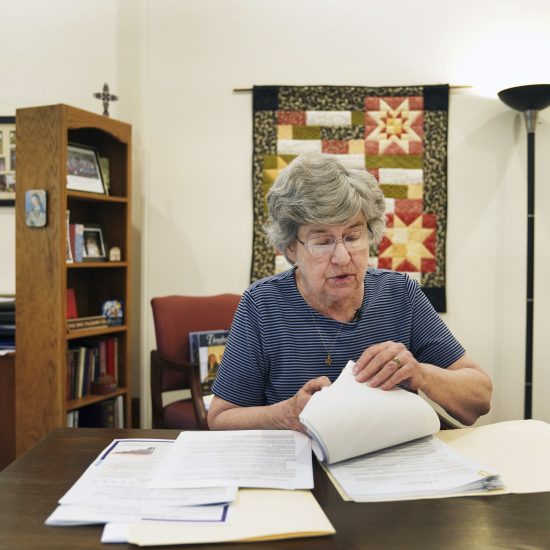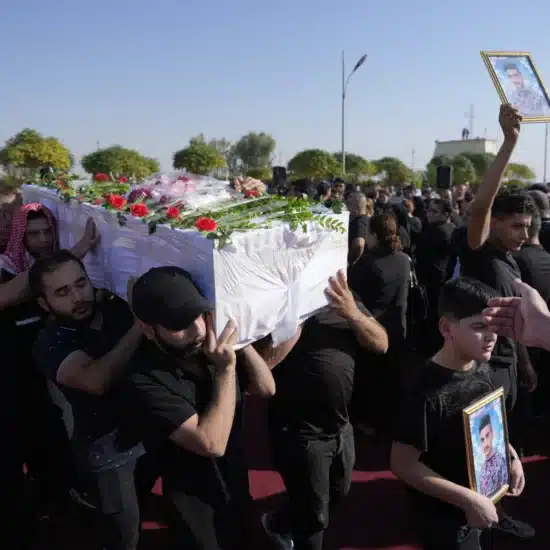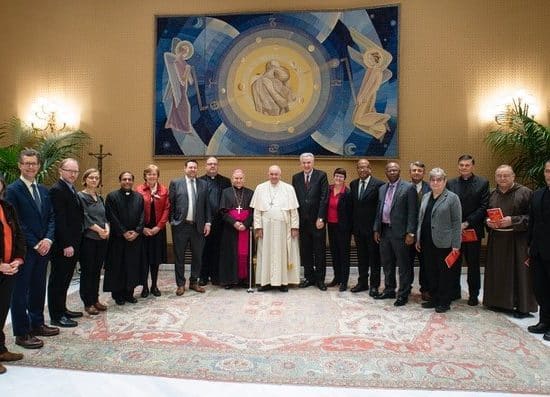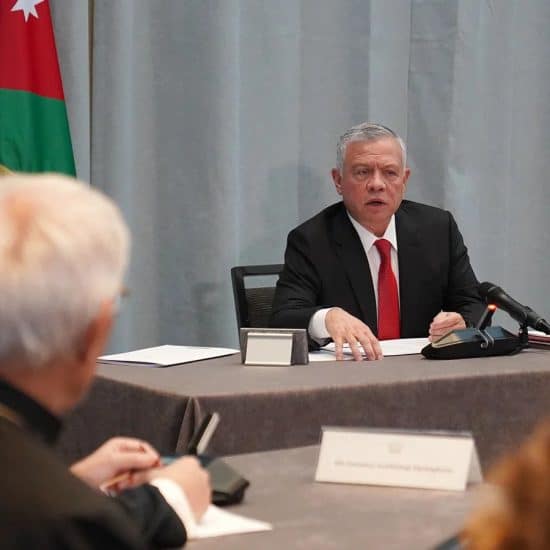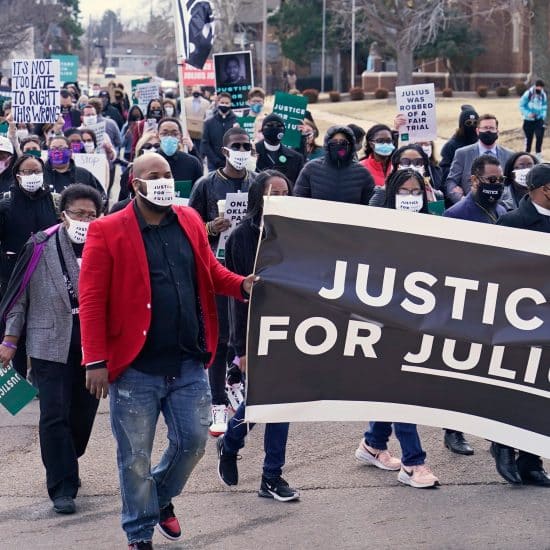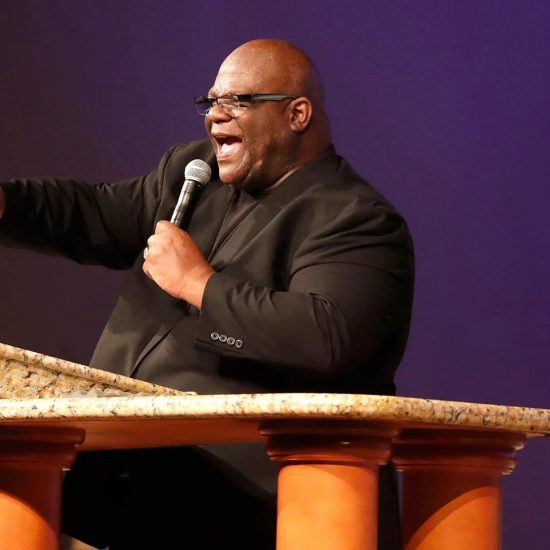ORLANDO, Fla.—Supporters of the Great Commission Resurgence task force took a final opportunity to garner votes for their report when they encouraged 1,300 primarily younger pastors attending the B21 conference Tuesday to leave the luncheon and become fixtures in the meeting hall.
“Please get into that hall, sit in a chair and do not leave until somebody prays and we go eat,” said Southern Baptist Theological Seminary President Al Mohler.
Mohler was one of eight panelists who answered questions presented them by Jon Akin and Jed Coppenger, two leaders of B21, a movement intended to help participants discern what it is to be Baptist in the 21st century.
The Great Commission Resurgence task force report was the primary topic of conversation, along with frank discussions about reasons to continue being involved with the Southern Baptist Convention or to support its Cooperative Program missions channel.
Because changes suggested in the task force report would require painful adjustments in some entities’ budgets where priorities would change, David Platt was asked to explain how he made such changes in his church, Brook Hills Baptist Church in Birmingham, Ala.
Platt’s church determined to shift $1.5 million from its budget that was spent on comfort and convenience for members “to go to urgent spiritual and physical needs.”
“In the end, it’s not really a sacrifice,” Platt said. “We still have much more than our brothers and sisters around the world. … The reality of what we do as a convention is a product of what we do in our churches. When we do that as churches, it informs what we need to do as a convention of churches.”
Mohler called the decades of the 1950s through the 1980s “fat” years in Southern Baptist life when they could put money into good ideas.
Today, “everything’s got to be provisional” and open for reconsideration in the light of gospel scrutiny, Mohler said, because “I don’t think we’re ever going to be there again.”
SBC President Johnny Hunt said the urgency voiced by young pastors has inspired him and his wife to examine how they will commit more of their personal resources to missions. To all preachers, Hunt said, “There’s got to be more emulation to go with our exhortation.”
He is encouraged that no matter the result of the task force vote, “The greatest change that will probably happen has already come and that is that God will change our heart.”
Jimmy Scoggins, pastor of First Baptist Church in West Palm Beach, Fla., said he resents that “to be considered a good soldier” in Baptist ranks, he has to “cooperate in too many things I don’t believe in” and support departments in his state convention he sees no reason to have, “money spent on good things by good people that should be given to the inner city.”
“Our convention agencies are going to have to compete for mission dollars,” Scroggins said. People seeking missions funds come to his office weekly.
“It is a competitive environment,” he said and he is going to lead his church to give to “networks that are doing the best job.” He said the task force report gives him hope that such a network “will be the Cooperative Program.”
Matt Chandler, who affiliates with the SBC and serves on the Acts 29 network board, said the SBC will not be fixed overnight, but the key to his continued support is to discern that it is “headed in a direction.”
By the same token, Chandler said of Acts 29, “Anybody who thinks that’s a pretty house just hasn’t been inside the house.”
Ed Stetzer, president of LifeWay research said, “Southern Baptists are not now evidencing a serious commitment to planting churches.”
Southern Baptists plant a lot of churches only because they have a lot of churches already, he said. But per capita, Southern Baptists are low.
Mohler called the Cooperative Program a “great economizer” and “great exercise in stewardship,” when it was created in 1925.
But it is “toxic for a denomination” to “focus on the vehicle rather than on the trip.”
He said Baptists have made the Cooperative Program “worse than a golden calf”—not because they worship the unified budget, but “we simply think we have to defend it.”
"Who wants to sell a product you can only sell if there’s no other option?” he said.
“The CP is worthy of support, but only as a means to get somewhere we need to go,” he said.
Mohler reminded the audience: “We are not in that room as people who love the Great Commission and people who don’t love the Great Commission. … Let’s pray this becomes a model for how Southern Baptists can reason together, and do the right thing and go home and lead our churches to reason together.”

